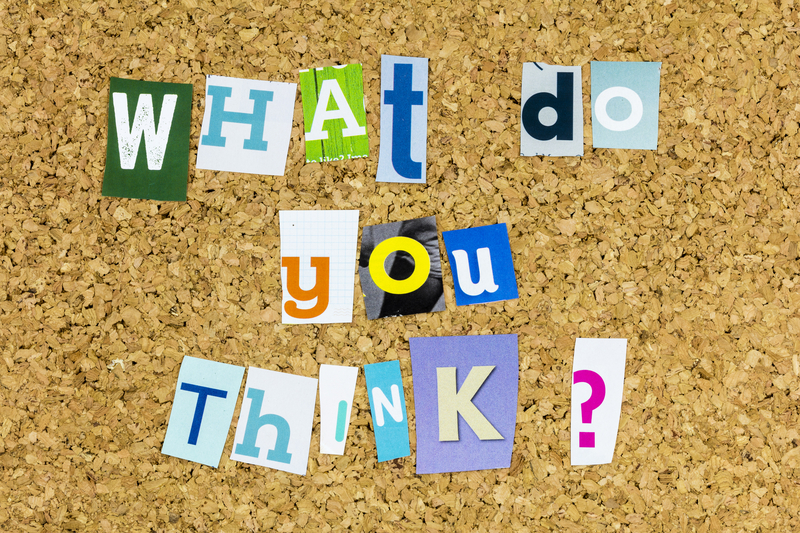You generously give your love, time, attention, empathy and, of course, your thoughtful advice to family, friends, colleagues, and others who ask for it. These people rely on you, and days or weeks later they circle back and thank you. Your advice was, is, and will continue to be invaluable to many. Why, then, do you — and I — forget to listen to our own best advice?
I am always inspired by the people I know, and in recent conversations I have learned that many of them are now facing very challenging situations and life events. After carefully listening to them describe what is happening in their lives, there are two questions I often ask…
… “Can I help you in some way?” And then…
… “If I were describing this exact set of circumstances and these experiences to you, instead of you describing them to me, what advice would you give to me?
If I can see the person’s face (most often thanks to a screen!) when I ask this second question, I immediately see a knowing smile that is frequently followed by the words “I know. I know. I know!” They know. You know. We all know. Yet for many reasons, we overlook what we know and we do not even consider our own best advice.
Yes, it is easier to view other people’s lives and situations objectively because we are not in the emotional “eye of the storm.” But we can also be objective, even when considering our own challenges, problems, and frustrations. Sometimes, talking to others is enormously helpful. And sometimes, talking to OURSELVES is enormously helpful, too. I have learned to appreciate the value of both paths.
When I want to work through a difficult situation by “talking” to myself, I take one of these approaches:
(1) I sit with a pen and a couple of blank sheets of paper, take several deep breaths, and then write out a question about the situation. Next, I pause and imagine that I am about to talk to someone I love. I then write a response, writing until there seems to be nothing left to say. Next, I write out another question about the situation if one comes to me. I continue until I feel the process has come to a natural end.
— OR —
(2) My beloved Mom, Kathryn (also known as Catherine), would sometimes stand in front of the bathroom mirror and talk to herself when she felt she needed a “pep talk” or when she was upset about something. This worked well for Mom and I sometimes find it very helpful, too.
— OR —
(3) I record myself describing the challenge or situation and then listen to the recording, noting the emotions I hear and the specific words I have chosen to use in my description. Almost always, new insights arise about the situation and also about why I am reacting to it as intensely as I am.
I continue to believe that the advice of others is enormously helpful when we need encouragement and support. I also know that listening to our own advice is a tool that we often overlook. Here’s to celebrating your own wisdom, and your own best advice!💫
As always, I welcome your thoughts and invite you to share them in the “Leave a Comment” section below, and I send you love and big virtual hugs. Thank you!!
~
Photo credit: © David Burke | Dreamstime.com


We often know but are hesitant because of the ramifications of the decision that we are making. It helps to hear validation from people we love and respect. But, in the end, our own experiences, knowledge and even intuition, are our best advisors.
I love these beautiful approaches! I will certainly use them. I sometimes try think of the compassionate and gentle advice I would offer a dear friend, or beloved niece or nephew — and turn it toward myself.
Sharon, thanks for another insightful article. Totally agree that we should listen and live by our best advice. For example, one of the best advices I give to my self is “Live from a place of Peace”. It is a daily mantra and practice. However, I also love the techniques you describe, they are sober and practical. Again, most internal and external conflicts can be resolved when we quiet the storms in our minds and bodies. I do believe many mental and physical ailments manifest in people who entertain internal and external conflicts. Living intentionally from a “place of peace” eliminates toxic energy that causes illnesses.